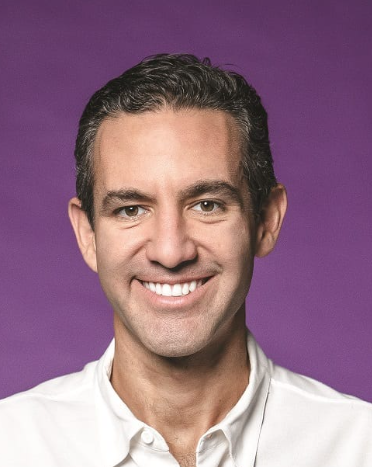Nubank’s Credit Loan Strategy: How It Works

As the largest neobank in Latin America with over 100 million clients, Brazilian fintech Nubank, backed by Berkshire Hathaway’s Warren Buffett, has well surpassed the break-even mark, reporting profits exceeding $1 billion. Now, it aims to expand further into the credit market, a crucial area largely untapped by Latin American fintechs yet critical to maximizing revenue.
In its pursuit of profitability, the institution has diversified its financial product offerings, with a strong focus on expanding its loan portfolio. Given the region’s macroeconomic volatility and elevated default rates, lending in Latin America relies heavily on sound risk management.
Boasting a portfolio nearing $20 billion, primarily consisting of credit card loans and nearly a quarter in personal loans, the bank has witnessed a 52% surge compared to last year. This uptick underscores the bank’s ambitious endeavour to enhance its presence in the lending market. CEO and co-founder David Velez has emphasized growing certain lending segments in Brazil, the bank’s home country, as a key priority for the year.

NPLs under control
“We know of a number of banks that tried moving in this direction, but then they had to take a step back because it was just too hard to execute or it just did not produce the results they were expecting, ” said Ravi Prakash, who oversees Risk Management at Nubank. “Even fintechs are struggling. I hardly know any fintech company that has really, truly cracked the credit business other than Nubank. They are tech native, but what they don’t have is the banking DNA, they take a too tech-centered approach.”
Despite facing a challenging macroeconomic landscape, Nubank said it has managed to keep its non-performing loan rates below the industry average. In the recent quarter, the firm reported a 90-day delinquency rate of 6.3%, up from 5.5% in the previous year, reflecting the complexities of the Brazilian market.
“When we think about credit underwriting, we aim to combine the best of tech and banking,” said Youssef Lahrech, COO at the firm. We always assume that the future will be worse than the past. We are actually designing this business to be an enduring, long-term resilient business that can deliver through ups and downs in the cycle.”
The Nubank way
Lahrech said in Nu Videocast, a series of in-company interviews by the Brazilian neobank, that Nubank’s native digital infrastructure and proprietary technology enable rapid implementation of credit models, offering a significant advantage in speed and cost savings compared to traditional banks and fintechs.
The company is pursuing a “low and grow” strategy, reflecting the challenges of lending too fast in this Latin American market. According to Prakash, customers start out with credit limits that gradually increase based on positive payment behaviour. “This is a way for us to broaden our offerings and bring in segments that we would otherwise not have been able to bring in as new customers profitably and sustainably,” he said.
Before significantly scaling up its loan offering in new markets like Mexico, the company plans to conduct tests to gather data and refine models. This cautious approach aims to ensure readiness for expansion in the coming years.
Nubank, he said, registers high satisfaction levels among customers who renegotiate their debts. “We actually see that more than 50% of our customers in renegotiations are either current or less than 15 days past due. It’s good for the customer, it’s good for Nubank,” he said.
The Open Finance opportunity in LatAm
As Open Finance continues to expand across Latin America, Nubank and similar tech-based lenders are poised for growth. With Brazil leading the implementation and other countries like Chile following suit with enabling legislation, the framework’s adoption is gradually spreading throughout the region.
Nubank’s executives see Open Finance as a chance to offer customized loan services to their customers. This framework allows financial institutions to share customer financial data with consent, leveling the playing field and challenging the historical advantage of traditional banks built on decades or even centuries of lending data.
“Open Finance will make more data available in the system, and we think we have a comparative advantage of being able to use that data to design and offer better products, better pricing, and better convenience to customers,” said Lahrech. The notion of consumers being empowered with their own data to share it with different players in the industry and get the best deal for them is incredibly aligned with our DNA.”



![[Payments Briefing] How to spot red flags: How American Express’ approach to fintech partnerships is like dating [Payments Briefing] How to spot red flags: How American Express’ approach to fintech partnerships is like dating](https://europeantech.news/wp-content/uploads/2024/05/NEWSLETTER-1-390x220.png)